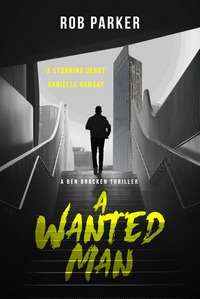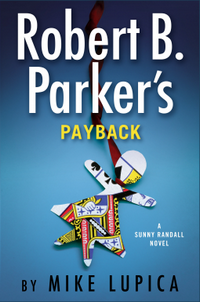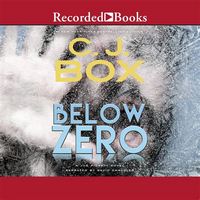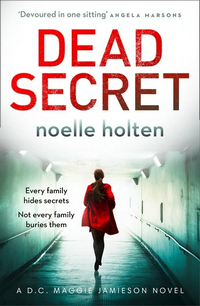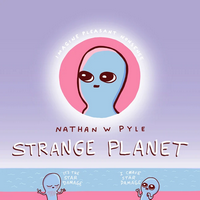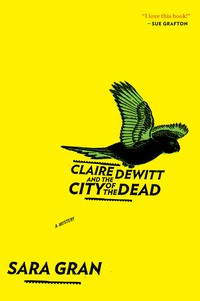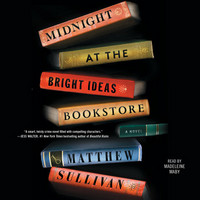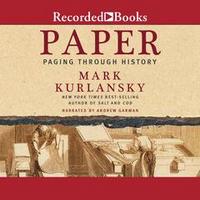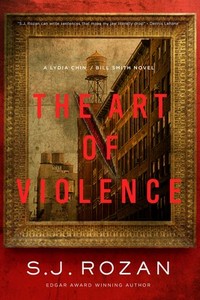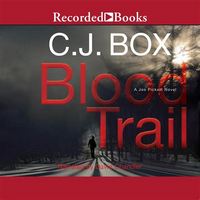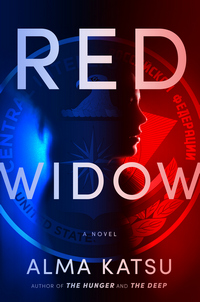 |
Red Widowby Alma Katsu Hardcover, 340 pg. Read: May 4-5, 2021 |

Another weekday morning at Langley. Men and women streamed across the parking lots—past the towering parabolic antennas, the Blackbird spy plane made into a monument—to converge on a set of doors placed into a wall so discreetly that they could be secret doors, known only to the initiated.
It was a cold morning. In raincoats and windbreakers, they moved with mindless determination, like ants following the scent of sugar, minds already on the coming day, chores left undone from the day before, a confrontation anticipated with a boss or coworker. Or they were brooding over what they’d just left behind, an argument at the breakfast table, the last thing a child said before running for the school bus. Not one of them was thinking about what it meant to cross the threshold of the most secretive building in America.
What’s Red Widow About?
I’m going to cheat here and just copy the text from Katsu’s website. It would be just too easy for me to slip on this one—either not describing it enough to be helpful to anyone or adding a sentence or two and ruining half the book. It’s that carefully constructed.
An exhilarating spy thriller about two women CIA agents who become intertwined around a threat to the Russia Division–one that’s coming from inside the agency.
Lyndsey Duncan worries her career with the CIA might be over. After lines are crossed with another intelligence agent during her most recent assignment, she is sent home to Washington on administrative leave. So when a former colleague, now Chief of the Russia Division, recruits her for an internal investigation, she jumps at the chance to prove herself once more. Lyndsey was once a top handler in the Moscow Field Station, known as the “human lie detector” and praised for recruiting some of the most senior Russian officials. But now, three Russian assets have been discovered–including one of her own–and the CIA is convinced there’s a mole in the department. With years of work in question, and lives on the line, Lyndsey is thrown back into life at the agency, only this time tracing the steps of those closest to her.
Meanwhile, fellow agent Theresa Warner can’t avoid the spotlight. She is the infamous “Red Widow,” the wife of a former director killed in the field under mysterious circumstances. With her husband’s legacy shadowing her every move, Theresa is a fixture of the Russia Division, and as she and Lyndsey strike up an unusual friendship, her knowledge proves invaluable. But as Lyndsey uncovers a surprising connection to Theresa that could answer all of her questions, she exposes a terrifying web of secrets within the department, if only she is willing to unravel it…
How Mundane
One thing that really jumped out at me is Katsu’s depiction of the CIA offices as not that different from what most of us experience M-F. There’s the boss’s assistant putting her nose into everything, monitoring both the work and the socializing between the staff. There’s the overachiever going the extra miles; the old workaholic who to avoid retirement has taken the job no one wants; there’s the lecherous creep being…well a lecherous creep; parents trying to juggle work and home; office romances; typical office politics; gossip/ and so on.
The Value of Life
Sure, in a very real sense, what these people do at work is just like what we all do but on the other end of the spectrum, the actual life and death repercussions of what happens there is easy to see.
The description above mentions four deaths—a director and three assets. Of those, two of them are given some emotional weight and importance. The others aren’t really seen as that important and are pretty much forgotten about*. Yes, in the world of espionage people die. Yes, I have a tendency to read books with high body counts and rarely talk about it. This is not that kind of book, and in the non-fictional world, deaths matter. Particularly when they involve people who are put in the line of fire because of the American government’s actions. The way those two deaths were dealt with in contrast to the other two really bothered me (in case I was being vague).
* Although one death is pretty horrific and gets a little space because of it.
So, what did I think about Red Widow?
I almost DNFed this a handful of times, and each time that happened, Katsu would do something to perk my interest a bit. The book managed to stay juuuuuuuuuuust interesting enough to keep me turning the pages without actually really enjoying the book.
I think I get why this is getting decent reviews—both professional and amateur. But I just can’t talk myself into agreeing with them. Who knows? If I read this three months ago (or three months from now), it might have hit me differently, but this is the week I read this.
When I describe the thinking behind my star ratings, I describe 2 Stars as: “It’s not bad per se, it’s just not good.” That pretty much sums this up. It’s almost good, but it just misses the mark.

This post contains an affiliate link. If you purchase from it, I will get a small commission at no additional cost to you. As always, opinions are my own.
![]()




 Grab a book, any book.
Grab a book, any book.